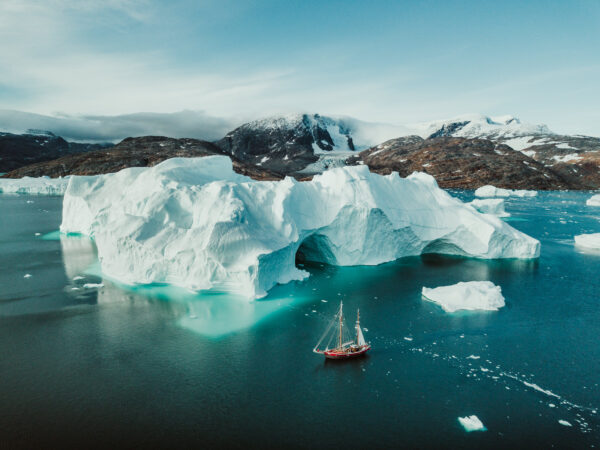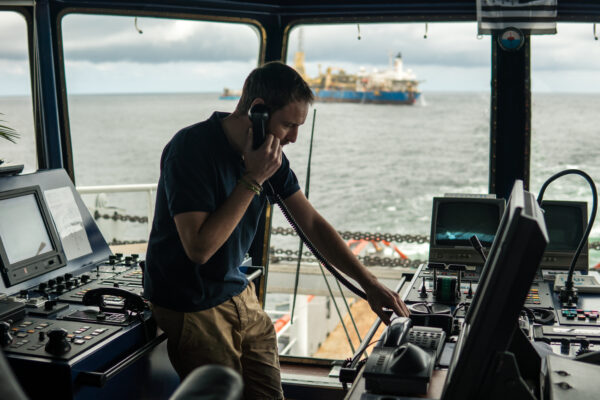
Article
Research Spotlight: Dr. Jean Holloway
Learn about new research to understand how accessible, accurate and timely weather, water, ice and climate data support safe navigation in the Canadian Arctic.

Learn about new research to understand how accessible, accurate and timely weather, water, ice and climate data support safe navigation in the Canadian Arctic.

The North Atlantic right whale, which lives and hunts in Canadian waters, is one of the most endangered species of large whales in the world.

Meaningful participation in Canada’s marine sector for Indigenous people – what will it take?

Come aboard a Canadian Coast Guard research vessel for a day in the life at sea, collecting data to reduce underwater noise and protect marine mammals.

Using coastal and inland waterways to move cargo over short distances can cut greenhouse gas (GHG) emissions and could also ease congestion on roads and railways.

In this article we explore some of the key advances since the days of paper charts and sextants that are keeping modern ships safe from catastrophic accidents.

Discover the Great Lakes waterway: Its geography, main shipping routes, cargo ports, and unique climate-related challenges.

The St. Lawrence marine corridor plays a key role in Canada’s economy and supply chain. The geography as well as the unique physical attributes and water dynamics of the St. Lawrence challenge the commercial ships transiting through this maritime route in more than one way.

There are four response organizations located in Canada.

The Blue Economy offers many career paths. From marine biologists studying ecosystems to data scientists analyzing large datasets and engineers creating innovative solutions for renewable energy, the opportunities are endless. It is crucial to balance this growth with the conservation efforts of Indigenous people whose communities are intertwined with the ocean to address and mitigate climate change.